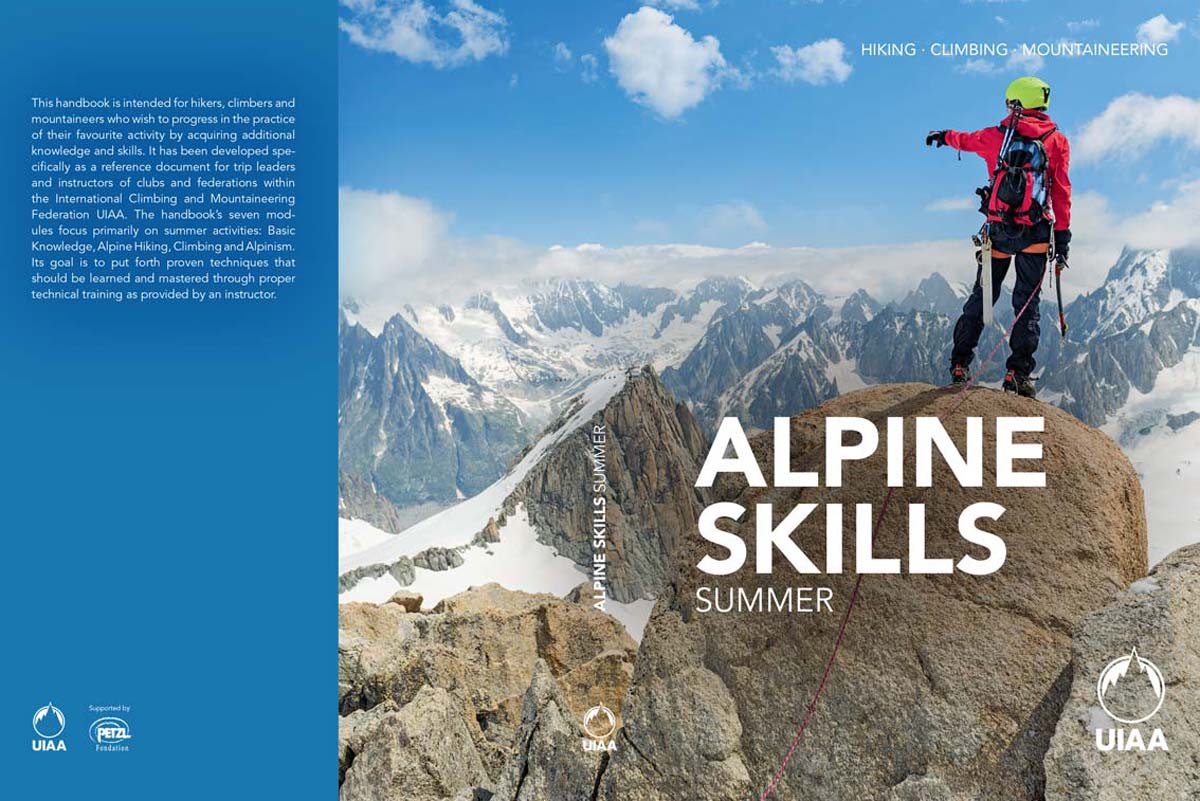The Spanish Federation of Mountain and Climbing Sports (FEDME) has released a study which looks at how hiking trails can be developed in an economical, socially and environmentally sustainable manner.
“This research is pioneering in Europe,” said Juan J. Ibáñez Martin, the new head of the UIAA Access Commission and a member of the FEDME Access Commission which produced the study titled “Market Paths and Sustainable Rural Development.”
“For the first time, we are trying to define and establish parameters to assess the quality of the path and its impact on the sustainable development of walking spaces,” said Ibáñez Martin.
The FEDME study involved a comprehensive analysis of 10 different trails across Spain including historical trails, local networks and one located on an island.
It includes a video, subtitled in English, which begins with a narrator who notes: “The paths keep alive the history of the place they travel, and are closely linked to history, tradition, customs and lifestyles.”
The trails were analysed by 12 members of the 30 member Mountain Scientific Advisory Body of FEDME which consists of doctors and graduate students in different fields, all joined by a passion for hiking and the mountains.
In their analysis, the group came up with 30 recommendations that can be useful to assess whether a new trail project meets rural development objectives. Key is the involvement of the local community in developing, identifying and maintaining these signed trails.
“We have developed a series of conclusions and recommendations that will be a tool for the development of future trails,” said Ibáñez Martin
The analysis was based on criteria that would help sustain local economies and bring back life to a depopulated countryside in a country where 90 per cent of the land is rural, but only 20 per cent of its population lives in the countryside.
These criteria included trails classified as Green, Natural Trail and Great Tour. They were considered if they were 40 to 60 kilometres long, touched local communities, and lasted at least two days with an overnight stay in a local community.
The 10 trails studied by FEDME were:
Camí de Cavalls (Baleric Islands)
Camino de la Virgen (Cannary Islands)
Camino de Sant iago (La Rioja – Castilla y León)
Camino del Ebro (Cantabria – Castilla y León)
Las Alp ujarras (Andalucía)
Los Oscos (Principality of Asturias)
Ports de Beceite o Els Ports (Cataluña – Aragón – Comunidad Valenciana)
Ruta de Don Quijote (Castilla – La Mancha)
Vía de la Plata (Extremadura – Castilla y León)
Vía Verde Subbética (Andalucía)
For more on the report visit FEDME here.


